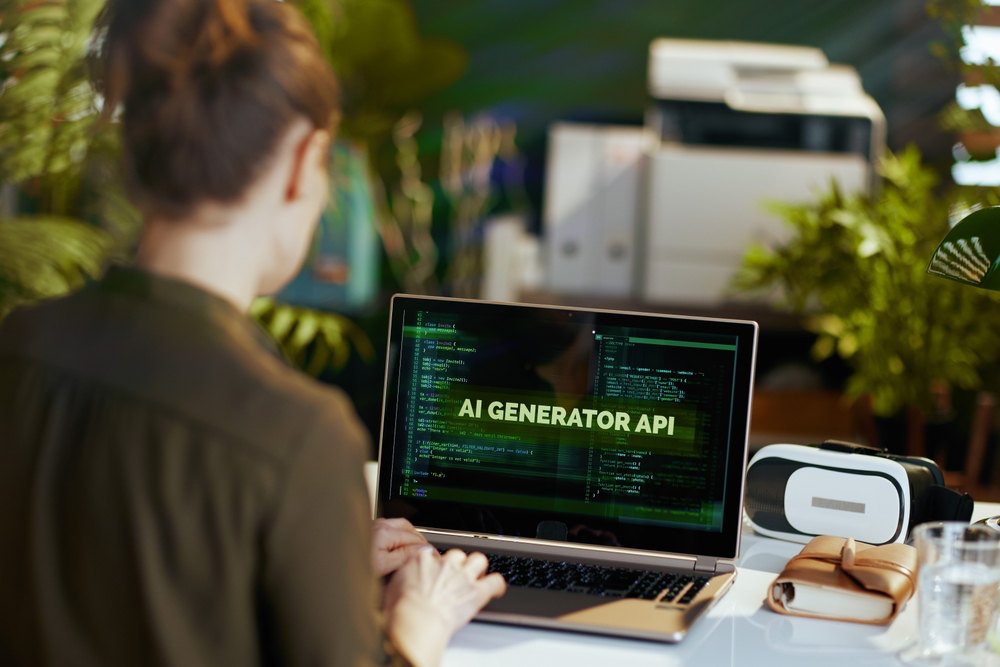Artificial intelligence is no longer science fiction; it’s shaping our world today. But diving into the AI pool can be daunting. What language should you learn to unlock its potential? Fear not, aspiring coder! This guide unveils the 10 hottest AI programming languages in 2025, empowering you to choose the perfect tool for your journey. From beginner-friendly Python to versatile Java, discover the languages that will equip you to build intelligent systems, analyze data like a pro, and leave your mark on the AI revolution. So, grab your coding cape, and let’s decode the future together!
The Top 10 AI Programming Languages to Know
Choosing the best AI programming language can be a very daunting task. This is simply because of the numerous availability of many great coding languages. To help you make the right choice, we’ve arranged the top 10 AI programming languages. There are as follows:
1. Python
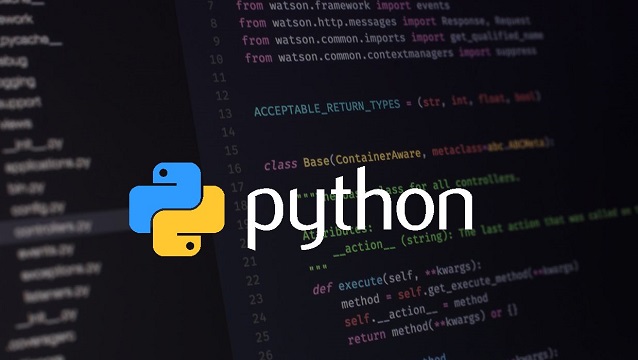
The Python programming language appears on almost any list that concerns programming languages. Being a tech with many faces, Python can equally be used in the development of AI and AI-related software. This is largely because of its wide range of libraries. A search for AI on the Python package index will bring thousands of results.
Python is one of the programming technologies that just doesn’t have a specific use as it does in JavaScript or SQL; its usage spans from machine learning to neural networks down to data science powered by libraries like Numpy and Matplotlib. To make things more fun, you don’t need any special configuration to access these libraries; just import them using the pip command, and you can start using them right away.
Coupled with its wide community and open source, it keeps evolving alongside AI, making it a future-proof tech skill to acquire when it comes to artificial intelligence.
2. JavaScript
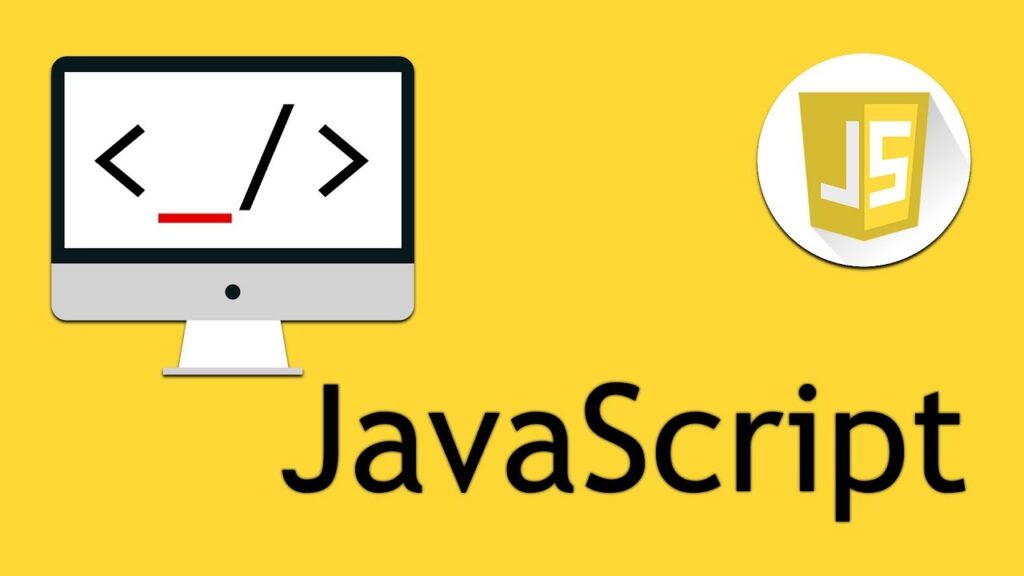
You must have heard of AI websites; this is the language behind such classy tech. Better known as the language of the web, JavaScript has both the flexibility and ability to be easily used in programming AI tools that can be added to websites as either extensions or core functionalities.
JavaScript’s connective abilities with websites and web apps make it useful when it comes to integrating AI into web pages. Using application programming interfaces, JavaScript can be used to build smart and dynamic websites that perform intelligent functions like data and content analysis, productivity help, and real-time virtual assistance and automation.
Nowadays, there are websites for virtually any advanced function. People even keep up with changes in weather and markets with the aid of AI-powered websites. All of these wouldn’t have been possible if not for JavaScript and its over 1 million frameworks, of which a good number, like Tensorflow.js and Brain.js, are AI frameworks.
3. Java
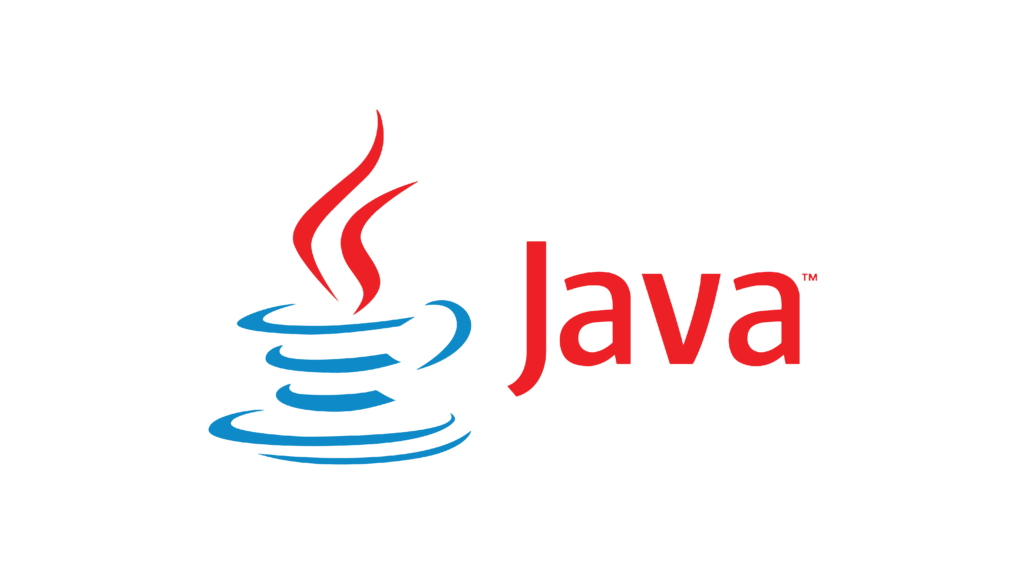
Java is another multipurpose programming language similar to Python. Supporting a variety of functions, this programming language can be used in the creation of AI. Known for its robust architecture and scalability, this technology can be used for corporate AI tools.
Its just-in-time (JIT) compilation makes it an ideal language for AI tasks that require speed, coupled with its platform independence, which makes it more than suitable.
Java can be combined with Apache Spark, which allows it to be used for feeding large datasets to AI. Additionally, its dedicated AI libraries like JUnit make it easy for programmers to utilize its efficiency in building smart bots.
4. R
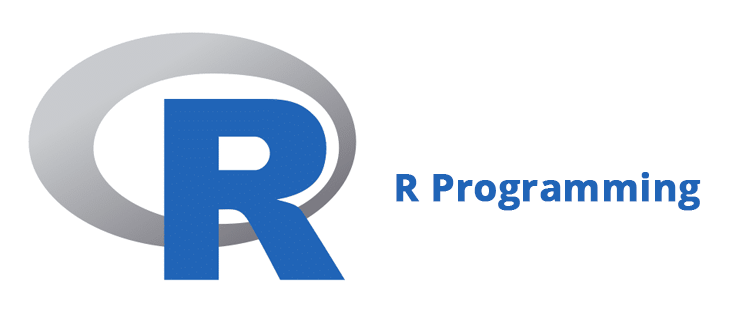
R is a programming language mainly used for statistics and graphics. It’s good for AI, especially for analyzing data, which is a key part of AI. R has many tools for machine learning and data handling. It’s great for looking at data, building statistical models, and finding patterns.
R has a lot of packages, like ‘caret’ for machine learning and ‘ggplot2’ for making graphs. It’s good at working with big data and databases. But, R is not the best for all AI tasks. It’s not as good as Python for things like deep learning.
R’s language can be hard for beginners. It’s not the best for every AI job, but it’s very useful for working with data in AI.
5. C++
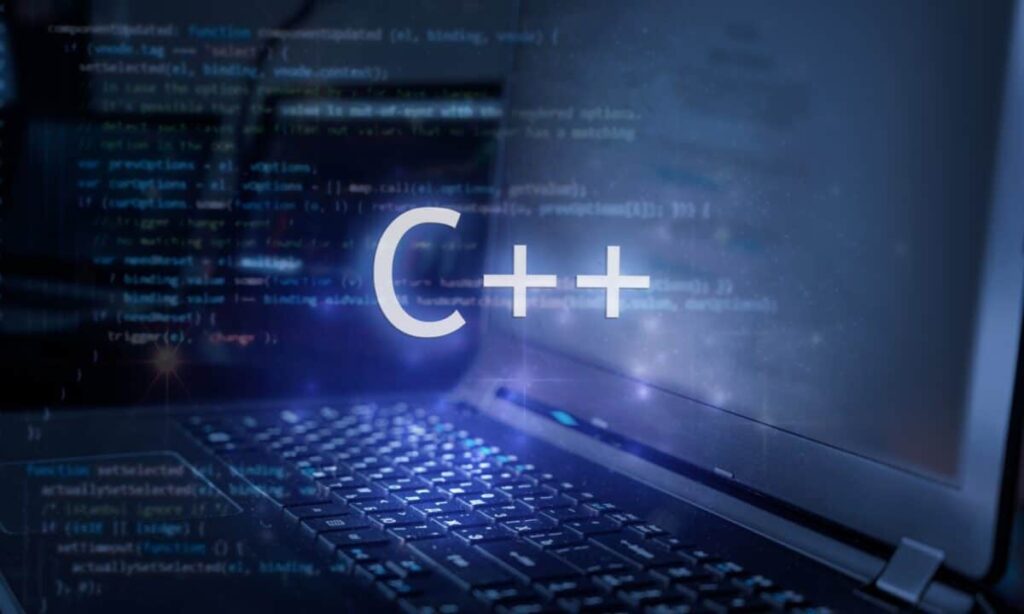
C++ is very useful in the AI field as it allows easy communication between hardware components and software components. Using Arduino, programmers can not only create software AI tools but also add these AI powers to hardware materials, bringing about the existence of robotics and smart physical devices.
One thing that sets it apart is its ability to be integrated with non-native libraries like PyTouch and TensorFlow via APIs. This gives it huge versatility. It also has its own frameworks, like OpenCl, that allow programmers to efficiently allocate memory to functions that demand a lot of memory. This memory-handling ability ensures that software applications and hardware run smoothly.
6. Scala
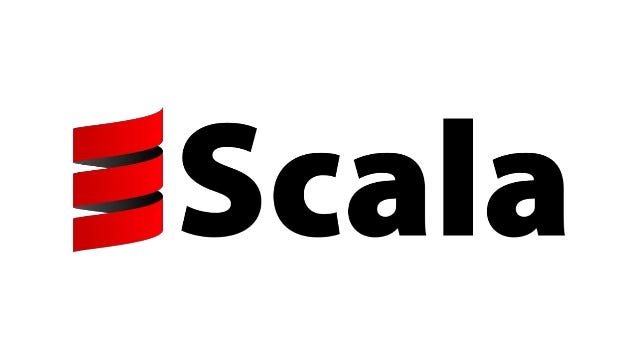
Scala is an object-oriented, clear programming language with a simple syntax that allows for writing clean AI codes. Its speed is another reason it is one of the best AI programming languages.
Martin Odersky created it in 2003. It works well with Java, meaning it can run on many platforms. Scala is known for its simple and clear way of writing code. This makes it easier to avoid mistakes, especially in complex AI projects.
In AI, Scala is really useful because it handles large data sets well. This is important for machine learning and analyzing big data. Scala is the main language for Apache Spark, a tool used for big data processing. This makes Scala a top choice for AI tasks that need to process a lot of information. Its ability to manage many tasks at once also helps in creating efficient AI applications. Overall, Scala is a powerful and flexible choice for AI programming.
7. Haskell
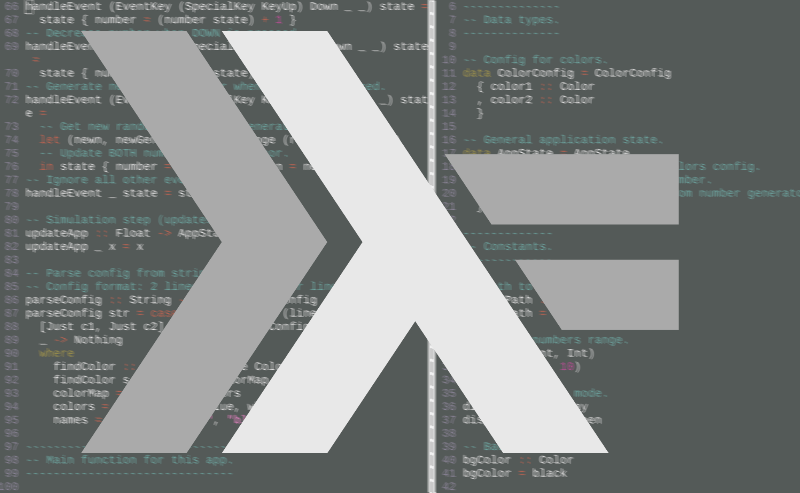
Haskell, popular for its mathematical power and purity, is gradually emerging as a powerful player in the AI industry. It offers intriguing capabilities for specific AI applications, making it a language worth exploring for developers looking for an approach different from the conventional technology used in AI.
What makes Haskell great for AI? It keeps things locked!
Think of data as building blocks. In Haskell, you can’t just grab a block and change it on the fly. Every time you need it, you get a fresh, brand-new copy. This makes the program act like a well-oiled machine, always giving you the same answer when you use the same data. And in AI, where precision matters, that’s exactly what you want!
8. C
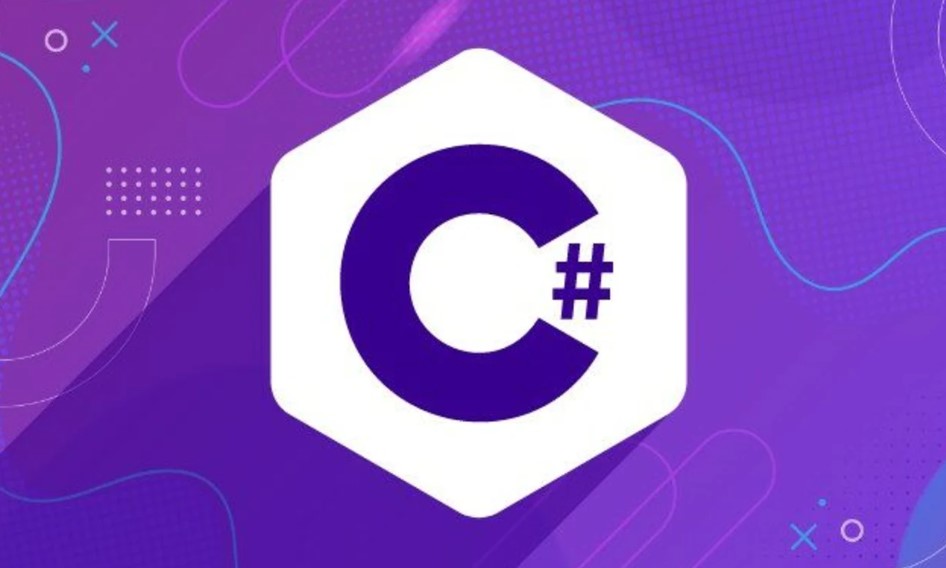
Pronounced as C sharp, C# is more known for enterprise and desktop software. It has strong and foundational scalability, a characteristic feature of languages used in AI programming.
Like Python, C# is object-oriented, making it familiar and easy to learn. Plus, it boasts a robust AI ecosystem filled with helpful libraries and a supportive community. This means you’ll have all the tools and guidance you need to tackle a wide range of AI algorithms.
But C# offers even more! It seamlessly integrates with the.NET platform, letting you easily add AI smarts to your existing.NET apps. Plus, thanks to its lightning-fast performance (think Java’s JIT compiler on steroids!), C# crushes tasks like AI with ease.
With plenty of libraries that fuel it, it can be used for virtually any AI task, from computer vision to natural language processing and even recommender systems using the Microsoft Recommender library. If you desire a very seamless integration with familiar platforms, then C# is your go-to language.
9. Julia
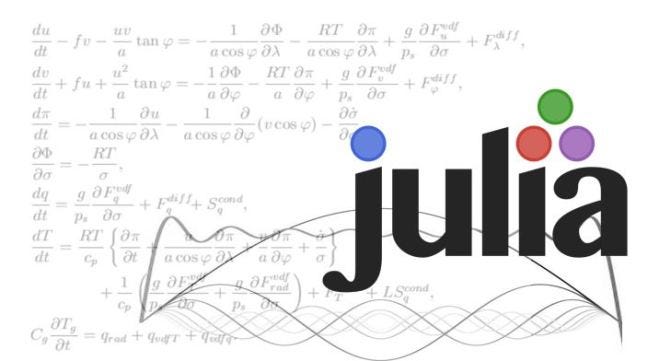
It sounds more like someone’s name, doesn’t it? Julia is a good choice when looking for popular AI programming languages for AI. With its fast processing. and abilities to create prototypes, Julia isn’t just an ordinary programming language for creating software; it’s an efficient and powerful yet simple tool for turning lines of code into advanced AI models.
Driven by its ability to fit with various programming languages used in the AI industry, its power is unmatched as developers can share AI libraries from Python and R, giving it the ability to handle heavyweight projects with ease.
Its community is wide, all thanks to its completely open-source technology, which saves development time as programmers can simply find a useful alternative for their work in community frameworks.
10. Prolog
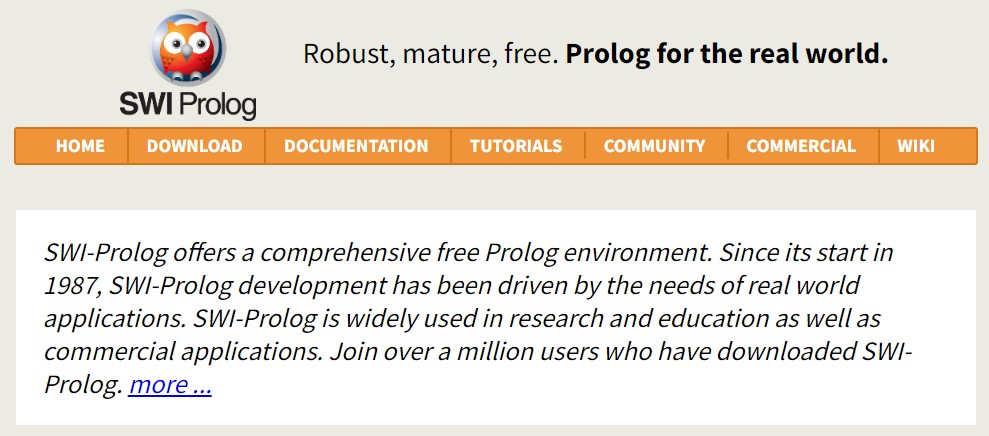
Prolog is an excellent programming language for artificial intelligence (AI), known for its unique approach. Developed in the 1970s, it specializes in logic-based programming. This makes it perfect for AI tasks that involve problem-solving and handling complex data.
What makes Prolog stand out is its use of rules and facts. These help in making logical decisions. This feature is especially useful in AI projects like expert systems, which need to make decisions based on a set of rules.
Prolog is also great for working with language processing. It can understand and process natural language, which is a big part of AI. This makes it ideal for developing chatbots and other language-based AI applications.
Another key benefit of Prolog is its ability to backtrack and find multiple solutions to a problem. This is crucial for AI tasks that have more than one possible answer. Overall, Prolog’s focus on logic and problem-solving makes it a strong choice for AI programming, particularly in areas requiring complex decision-making and language processing.
Which AI Programming Language is Right for You?
Picking the best AI programming language? Look what it shines at! This sounds a little tricky. While you’ve just learned about 10 of the best AI programming languages, it won’t be surprising if you are a little confused about choosing the right one. Before diving in, remember: to choose a language that fits your goal. Sure, all these ten can build AI, but they’re good at different things—different things that they are high performers at.
Think of it like a tool. JavaScript is your hammer for building AI-powered websites. Python helps with picture smarts, like AI that understands images. And Java? It’s the drill master for serious AI in big companies.
So, choose wisely! Pick the AI programming language that’s best for what you want to build.
There’s no specific right, though due to some languages being versatile, they can be used for technically any AI functionality; one such language is Python. But, regardless, it is still advisable to go for the one that suits your specific task so you don’t have to waste valuable time on a language that won’t give you much of what you desire.
If you’re still not clear on the path you should follow, consider these clarity guides:
Language Functionality?
- Machine learning: Python, R, and Julia
- Deep learning: Python (with TensorFlow and PyTorch)
- Computer vision: Python, C++
- Natural language processing: Python, Java
- Robotics: Python, C++
Programming Expertise?
- Beginner: Python is generally considered the most beginner-friendly language for AI.
- Intermediate: You might be comfortable exploring languages like Java, C++, or R.
- Advanced: You could delve into more specialized languages like Lisp, Haskell, or Prolog.
Career Paths?
- Research: Python, R, and Julia
- Software development: Python, Java, and JavaScript
- Data science: Python, R
Empower Your AI Development with ZEGOCLOUD
Imagine your AI project: intelligent, yes, but cold and distant. Imagine it coming alive with real-time voice, video, and interactive features. That’s the magic of ZEGOCLOUD, the leading real-time engagement (RTE) platform built for AI developers.
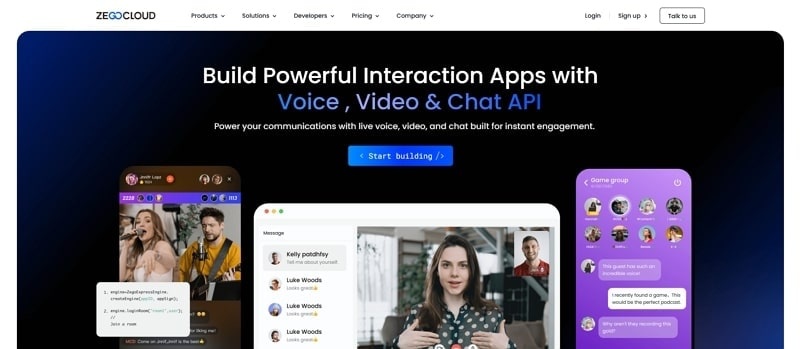
ZEGOCLOUD connects the dots between machines and humans, making your AI creations truly interactive. Millions of users worldwide rely on its rock-solid infrastructure for smooth, high-quality connections, no matter where they are or what device they use. But that’s just the beginning. Here’s how ZEGOCLOUD supercharges your AI development:
- Simple Integration: Drop voice chat, video calls, and live streaming into your AI app with ZEGOCLOUD’s user-friendly SDKs. They work with various languages and platforms, making development a breeze.
- Chatty AI Assistants: Build AI assistants that hold real conversations with users, thanks to features like voice translation and text-to-speech. Imagine a multilingual AI therapist or a fitness instructor leading an interactive workout—the possibilities are endless!
- Immersive Experiences: Hook users in with live streaming and interactive elements. Think AI tutors conducting live lessons, virtual therapists holding remote sessions, or AI-powered fitness instructors leading interactive workout classes.
- Richer Data: Gather deeper insights for AI training through real-time audio, video, and text interactions. This data helps you refine your AI models and personalize experiences for each user.
- Always Scalable, Always Secure: ZEGOCLOUD’s infrastructure grows with you, ensuring your AI app handles increasing users without losing speed or security. Plus, robust features protect user data, keeping everyone safe.
ZEGOCLOUD doesn’t just help you create intelligent AI; it creates connected AI, bridging the gap between machines and humans. With ZEGOCLOUD, the future of AI is where both worlds work together seamlessly, unlocking a world of possibilities for innovation and progress.
Conclusion
Navigating the world of AI development requires a careful selection of programming languages, each tailored to different aspects of AI. The key is not to find a universal solution but to identify the language that best aligns with your project’s goals.
For tasks demanding rapid processing, Scala stands out as a top choice, ideal for real-time applications such as autonomous vehicles or high-frequency trading algorithms. Python, known for its versatility, is excellent for a range of tasks, from data analysis to web development. For those focusing on data analysis and pattern recognition, R provides powerful tools for delving into complex datasets.
In the realm of robotics, C++ combined with Arduino offers the precision and control needed to develop intelligent, responsive hardware.
Additionally, ZEGOCLOUD emerges as a pivotal tool, enhancing AI applications with real-time engagement capabilities. It’s not just about creating intelligent systems; it’s also about forging connections and interactions that resonate. Sign up to give life to your creations!
Read More:
Let’s Build APP Together
Start building with real-time video, voice & chat SDK for apps today!









